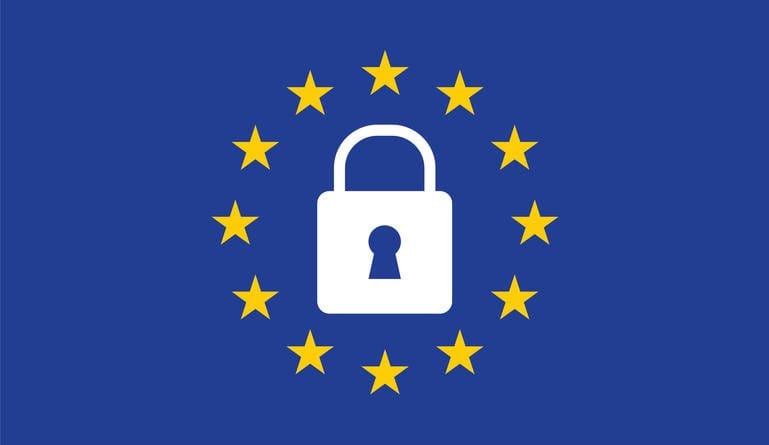GDPR has introduced a number of challenges along the journey to reducing unauthorized use of customer data. The protective legislation puts increasingly heavier burdens on those who collect customer data, and it is up to the IT enterprise to find a solution to the growing problem.
The General Data Protection Regulation (GDPR) will be the new regulation that is being seen as a challenge to many IT enterprises that collect consumer data to improve their organizational functions. Although it is seen in a negative light by many technology companies, its implementation is an attempt to address the growing problem of cybercrime and the need for better consumer data protection.
The changes that will be brought by GDPR will force companies to change how they collect data from consumers in order to comply with the new regulations. Although it may seem much more difficult to collect data, there is a way to abide by the new rules while completing the same task.
There is a massive need for mobile workers to decrease the extent of security exposure. For many IT enterprises, mobility is seen as a high measure of productivity. Wireless connections and cloud-based apps dominate the business landscape. However, it really does come at a cost. Each mobile device and access point draws attention to and increases the opportunity for intrusion by malicious operators. IT has developed a great deal of perimeter-based static security technologies but there has been a rise in cyber-attacks via mobile phones. It’s become so common and easy that information is being hacked in everyday activities, such as going to a local coffee shop and using your smartphone. For IT technologists, there are important questions to ask in order to resolve the growing issue of cybercrime via mobile workers including:
• Are you connecting with a known or unknown device?
• Are you connecting via a trusted or untrusted network?
• Are you using an unrecognized or company-sanction USB drives or peripherals?
• Are you attempting to access sensitive information during business hours or at an unusual time of day?
One important issue with today’s current cybersecurity is the lack of emphasis on onboarding and offboarding. There are still many organizations that rely on manual processes to onboard and offboard workers, which leads to inaccuracies and delays of days or weeks. According to a Ponemon Institute study, more than 24 percent of people leaving an organization still had access to their corporate data even weeks later. This growing issue can simply be resolved via automation, as manual processes are much more ineffective in both productivity and efficiency. A week’s delay is troubling, especially when important data is involved, so this important component can be addressed and resolved with GDPR implementation.
The GDPR is focused on resolving cyber-security issues brought on by many technological operations, but hopefully, with both parties working collaboratively, the problem of cyber-security may slowly be resolved.
Want to know more about the best ways to ensure GDPR compliance? Click the link below to watch a quick video and to download the whitepaper. GDPR: Everything You Need to Know About the New Data Protection Rule





